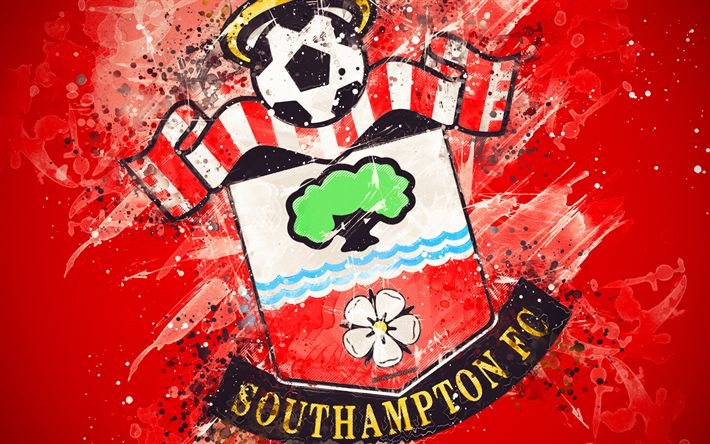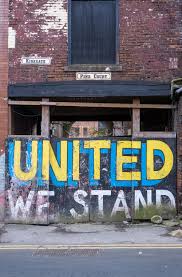Photo by Connor Coyne on Unsplash
The upcoming Champions League final is the traditional, end-of-season showpiece event for European football.
As with each season, some of the best sides on the planet lock horns, this time with Real Madrid facing Borussia Dortmund on 1 June.
Even so, this top table global sporting event is not necessarily the richest game in football.
Often dubbed ‘the richest game in football’, the English Football League (EFL) championship play-off final in London later this month is worth huge swathes of money to the winner.
This season, Southampton, on the south coast of England and affectionately known as the “Saints”, will face the once mighty Leeds United for a much coveted place in the English Premier League after reaching the Championship playoff final with a 3-1 win against West Bromwich Albion on Friday.
British prime minister Rishi Sunak, a well-known Southampton fan, put his party’s current problems behind him for a while as he cheered from the stands as his club powered their way to Wembley.

Leeds, meanwhile, moved effortlessly into the Championship playoff final themselves as a three-goal first half blitz led to their 4-0 rout of Norwich in Thursday’s semi-final second leg. The difference between Leeds and Norwich was all too apparent from the first few minutes of the game as Leeds moved a step closer to an immediate return to the Premier League after last season’s relegation. Leeds, owned by the San Francisco-based 49ers Enterprises, have never won promotion via the play-offs and lost to Derby in the 2018-19 Championship semi-finals.
American golfer Justin Thomas, who is a minority shareholder along with fellow PGA Tour player and friend Jordan Spieth, were both reportedly watching Leeds from the PGA golf major in the US.
The ruthless dismissal of both Norwich and West Brom by Leeds and Saints underlined the desperation of Championship clubs to strike it rich in the Premier League. Of course, the Saints are no different to Leeds (or anyone else).
It is perhaps worth considering just how much is at stake each season in the championship play off final and how much the winning side stands to gain from promotion (or miss out on in the event of a loss).
Official figures for the 2020-21 season, for instance, showed that broadcast revenue totalling more than €291m ($3bn) was distributed among the 20 clubs in the Premier League.
Of that, each club was guaranteed at least €36.5m ($38.9m) in equal share payments, €55,2m ($58.8m) in international TV and €6.86m ($7.3m) in central commercial payments: a base line of roughly €109m ($105m) per team, regardless of position.
By comparison, Championships clubs only receive around a relatively paltry €10.46m in TV rights income for a season spent in the second tier of the English game.
On top of this, clubs are given merit payments based on where they finish in the Premier League.
Additionally, clubs “dining at the top table” of English football also experience far greater commercial and sponsorship potential than those languishing in the second tier.
And, even if that team gets relegated back to the Championship the season after promotion (as with Burnley, Sheffield United and Luton this year), so called ‘parachute payments’ worth tens of millions of euros can still have a major impact on the financial standing of a club for many years.
A source said, “It is a fantastic amount of money for a football club and really allows them to invest, not just in playing talent but also in the infrastructure of the club and the community as well. The financial prize of Premier League football is greater than it ever has been.”
One example of what such fame and fortune can do for a club – and also a town or city – is Luton Town, located just north of London.
It was only a decade since Luton were playing non-league football but they were promoted last season from the EFL into the Premier League and have spent a season with the “big boys” such as Manchester United, Chelsea and Liverpool. Promotion did wonders for the town and put both it and the club firmly in the spotlight.

Sadly for them, they have just got relegated straight back to the championship after just one season but those parachute payments will act as a key consolation prize in the coming season.

For a club and city like Leeds – the 4th largest in England with a population of over 750,000- it is seen as vitally important to have the local football club in the top league.
The same source said, “Leeds has become a financial powerhouse in recent years and is a boom city but the one thing it currently lacks is a Premier League side.”
Those supporting Leeds (though Southampton will most certainly have something to say about it) will be hoping that is corrected on 26 May- the date of that all-important play off final.




